How to Write and Design a CV That Will Get You Actual Jobs
In a world that thrives on cut throat competition, mediocrity is just not an option. With internships and part-time jobs becoming the norm, it is extremely important to market yourself effectively!
“Your CV gives a first hand professional introduction about you and your past experience, your cover letter gives a first hand personal introduction about you and your future with the prospective company - these can make or break your deal! Presentation therefore assumes prime importance.”
-Simran Monga
The following guidelines and samples will help you design the perfect CV specific to your job.
Get the format and layout right
How your CV looks is as important as the content your CV contains. A variety of preset formats are available online in the form of templates and samples where all you have to do is fill in your own details in the spaces according to pre-made sections. These will help organize your CV, make it look neater and cleaner, and easy to follow.
Deepak Morris, a published author, freelance writer, and owner of Rhapsody Theater, has made a successful career in molding young actors and helping them formulate a successful profile. He advises, “Formatting is important. The prospective employer should be able to see important aspects at a glance. Always present your CV in a manner that is easy to follow and direct.”
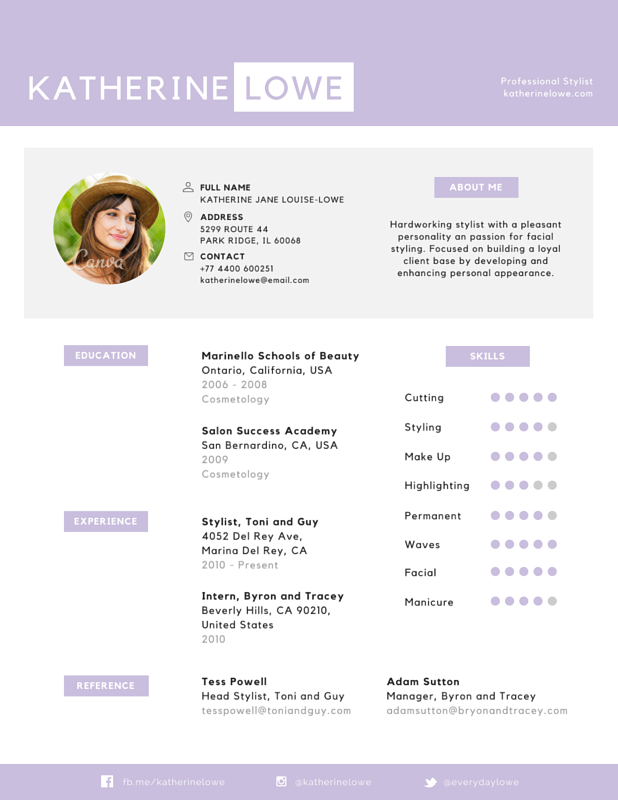
Show off - and do it classily
Prioritize what counts. Start with your current job, follow up more recently held positions and then talk about internships. Education qualifications come later, as do other achievements. Make bullet points, write a brief description under each subheading, and make a timeline for your work history.
Highlight your focal points and play to your strengths. Also think about the structure of the resume and the placement of each line.
Write about your skill-set and strengths separately, and don’t go into unnecessary details. Shweta Sangtani, a criminal lawyer, says, “Sending it in PDF format makes it look much neater than Word. Also, keep it simple, crisp and brief. No more than 1.5 to 2 pages. No need to go into the competitions you won in 9th grade. Unless you are a first year intern, no-one cares about it.”
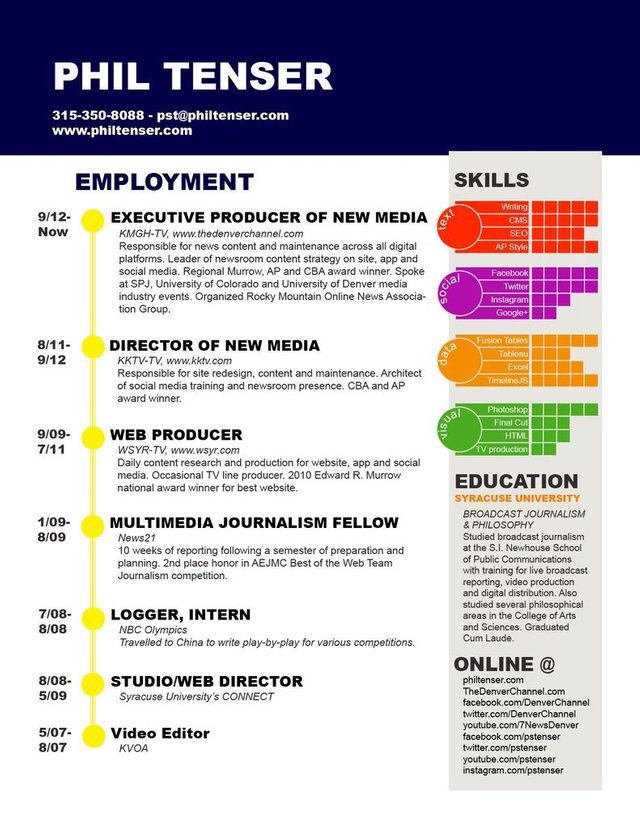
Use your words right
Choose your style and stick to it. Do not interchange between informal and formal tones (in the case of a CV for a high-end job, always stick with formal.)
You could use either Direct or Reported Speech, but do not alternate between the two in the same resume.
“You must be aware of every facet, comma and full stop in the resume. Using elaborate phrases and complicated terminology may sound impressive, but never include anything if you don’t understand the implications of your own statements or cannot elaborate on them at demand,” IT professional Shailesh Doiphode, who is the Senior Delivery Manager at NTT DATA Inc stresses on the importance of being thoroughly familiar with your own CV.
“Always remember that the CV must be honest. Wording it well is one thing, bluffing is quite another. It is safe to run with the assumption that your prospective employer is going to be smarter than you, so maintain a balance between being respectful and professional, and merely trying to look good,” -Amarja Bhanagay
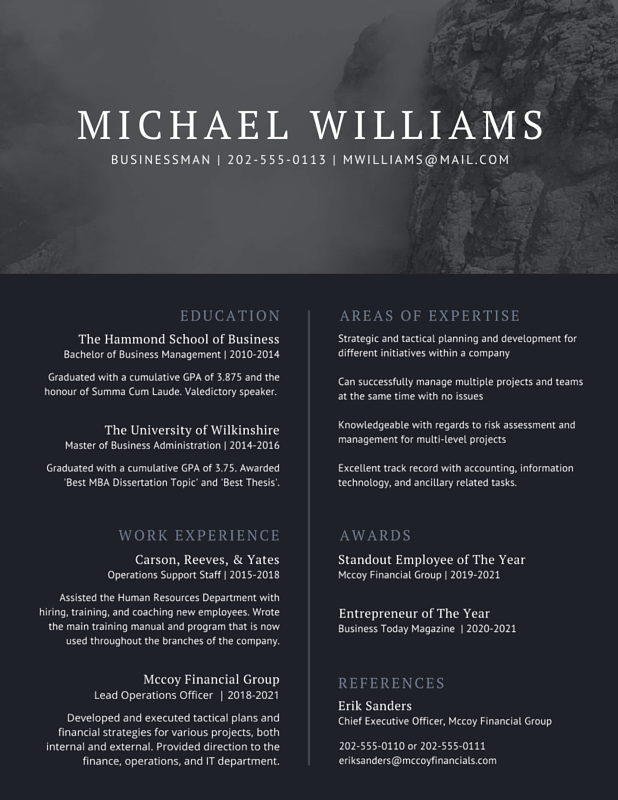
Presentation is crucial
Make sure your content is uniform and coherent. As Simran says, “Read and Re-read your CV-have a trusted friend proof-read it to avoid sloppy errors like font mismatch, consistency of the format, verbiage etc. You could highlight the important points in multiple ways. For example, playing with the various weights of a typeface or colour coordination, alignment etc.”
Use a balance of white spaces and extended lines. Keep each line short, not more than 9 - 12 words. Uncluttered, clean presentation is aesthetically pleasing!
States Deepak, “In my experience, academic qualifications count for less than practical experience or evidence of outside the box thinking and presentation.”
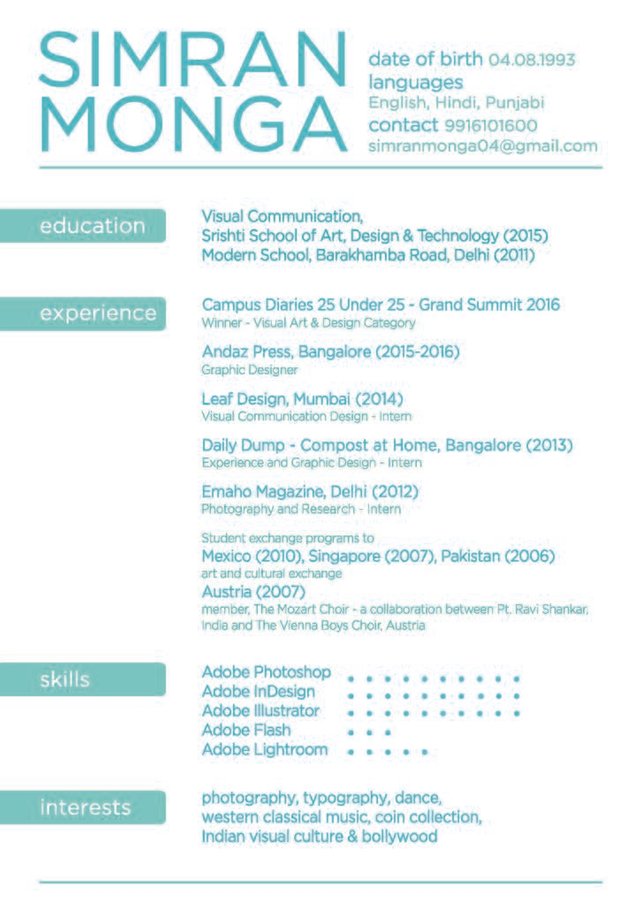
Your CV is a reflection of who you are
Modify what to emphasize and what to shift to the foreground, depending on the job requirement. Shweta illustrates this point through a personal example - “I always tailor my CV. Look at the job you intend to apply for and see what they're looking for and accordingly tailor the CV. I don't mean lie about it, but just make what they are looking for more prominent on your CV. Eg: I'm a criminal lawyer but I have done some arbitration work. If I'm applying to a firm I'll put that in first under my independent practice followed by the criminal law work I have done.”
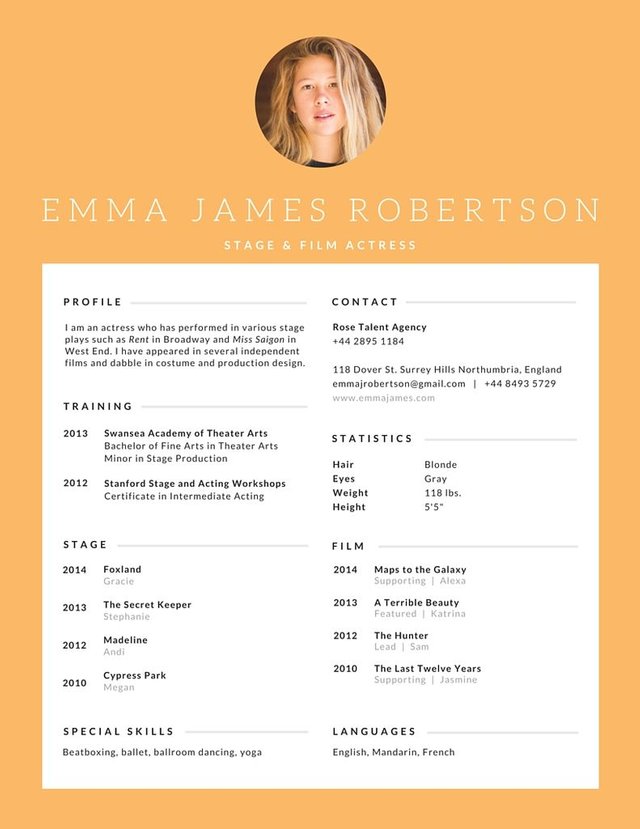
In a CV, brevity is your best friend. A bulky CV does not always leave a positive impression.
“Don’t write about skills that are outdated in terms of technology or scope of work. Use keywords and power words to draw focus on the requirements of the job you are applying for.”
-Shailesh Doiphode, IT Proessional
Don’t punish yourself! Please avoid doing any of the following, with your CV:
- Avoid exaggerations, hyperbola, or redundant phrases.
- Leave out personal details that aren’t really necessary. Name and date of birth, yes. Age and favourite colour? No.
- Don’t repeat (or worse, contradict) yourself to sound impressive.
- Write about your personal goals and objectives in succinct, definitive terms WITHOUT rambling.
- Never put down skills or facts you cannot back up for a certainty.
A great resume can never be boring. Experiment with styles and formats, see what suits your personality and vocation the best then formulate your CV. As long as the CV is an accurate reflection of your talents, expertise and core beliefs, you have more chances of getting the right attention that will lead to some excellent opportunities!
Loved the sample CV's and great info.
Just curious to know if you do provide CV/resume design.
I might know some folks who would need some help.
Yeah, i can provide help, ping me on telegram @installgentoo
wow very handy thanks!
Indeed, this is a very useful resource. Props on the beautiful samples.
Write a CV by tailoring it to the job, highlighting achievements with measurable results, and using clear, professional language. Design with ATS-friendly templates, consistent formatting, readable fonts, and a balance of white space. Check out the free resume builder to create a quick online document